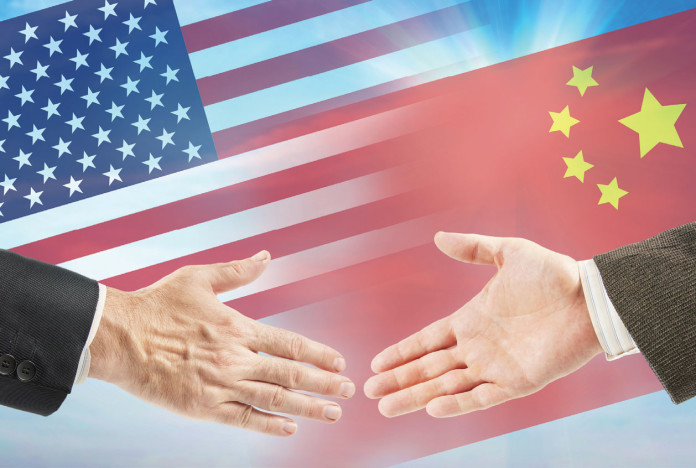The Wuhan Intermediate People’s Court recently handed down a decision recognizing and enforcing a civil judgment made by a US court (the Wuhan decision) based on the principle of reciprocity. Like the earlier recognition of a Singapore court judgment by a Jiangsu court, the Wuhan decision indicates that in the absence of a bilateral treaty for mutual recognition and enforcement of judgments, Chinese courts are starting to recognize foreign court judgments based on the principle of reciprocity.
The Wuhan Court had jurisdiction over the case since the respondents owned properties in Wuhan. The dispute arose out of a share transfer agreement involving the transfer of 50% of the shares in an American company for US$150,000. The claimant transferred the sum of US$125,000 to the respondent in accordance with the agreement, but the respondents absconded with the funds. The claimant sought to recover the funds and obtained a money judgment against the respondents from the Los Angeles County Superior Court. As the respondents owned property in Wuhan, Hubei province, the claimant took steps to apply to enforce the judgment over such property.
The Wuhan Court granted the claimant’s application and made the following findings, among others:
- Under the PRC Civil Procedure Law, an application for recognition and enforcement of a foreign judgment is allowed only in accordance with the provisions of an international treaty concluded or acceded to by the PRC, or under the principle of reciprocity.
- As China and the US have not entered into any international treaty on the mutual recognition and enforcement of judgments of foreign courts, the application for recognition and enforcement should be examined under the principle of reciprocity.
- China and the US have a reciprocal relationship in the recognition and enforcement of civil judgments due to an American court having previously recognized and enforced a civil judgment of a Chinese court.
- Recognizing and enforcing the relevant US judgment would not contravene the fundamental principles of the laws of China or the sovereignty, security or public interest of China, as the relevant judgment concerns a contractual relationship between the parties in relation to an equity transfer.
You must be a
subscribersubscribersubscribersubscriber
to read this content, please
subscribesubscribesubscribesubscribe
today.
For group subscribers, please click here to access.
Interested in group subscription? Please contact us.
你需要登录去解锁本文内容。欢迎注册账号。如果想阅读月刊所有文章,欢迎成为我们的订阅会员成为我们的订阅会员。
Business Law Digest is compiled with the assistance of Baker McKenzie. Readers should not act on this information without seeking professional legal advice. You can contact Baker McKenzie by e-mailing Danian Zhang (Shanghai) at: danian.zhang@bakermckenzie.com






















